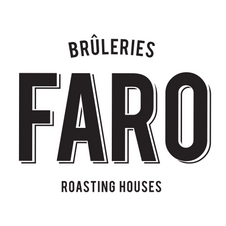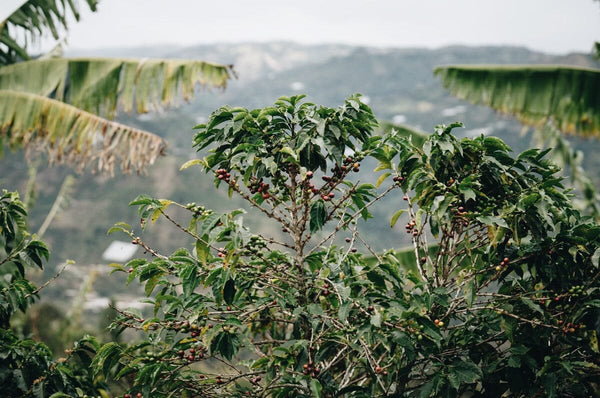What is Gesha?
No, the name has no connection with the traditional Japanese hostess; the Gesha variety is actually named after a town in Ethiopia around which it is widely grown!
There are several botanical lines of coffee around the world, but the vast majority of those grown are Arabica and Robusta. Arabica, which represents around 60% of the world's coffee, can then be divided into varieties: Typica, Bourbon, Caturra, Gesha/Geisha, Catuaí, Pacamara, etc. These appellations can resemble the grape varieties of the wine world: Syrah, Cabernet Franc, Riesling, etc. These same varieties affect where and how the coffee tree will be grown, what flavor it will develop and how it should be roasted. Bourbon, for example, is known for its sweetness; the Gesha, for its very aromatic profile.

Although it is present in other countries, it was the introduction of Gesha in Panama in the 1960s that propelled it among the best coffees in the world. This elegant, long-leaved plant is low yielding and needs the proper conditions to thrive. The cup profile compares more to good Ethiopian coffees rather than Latin American ones. A quality Gesha is intensely aromatic, with floral notes and a well-balanced sweet acidity. Geshas have been cultivated in several countries with varying success; the best batches of Gesha come at a high price and very often outsell any other coffee variety in the world. These are quite possibly some of the most magical cups of coffee you can drink.
Raquel Lasso Gesha

Our new microlot of Gesha is from Raquel Lasso, owner of Finca La Bohemia and president of FUDAM. This coffee reveals a soft and sweet profile with a fruity and vinous acidity.
Fundación Agraria y Ambiental Para el Desarrollo Sostentible (FUDAM) is a 300-member association of organic-certified (and Rainforest Alliance–certified) growers that was founded in the year 2000 by just seven producers who shared a vision of sustainable agriculture as well as environmental protection and development. This group of smallholders lives in and around the small municipality of La Unión in Nariño, where the terrain differs greatly from in other coffee-growing areas like Cauca: Instead of walking up from the town to the farms, as elsewhere, here the towns are at such high elevation that the farms are typically lower elevation, surrounded by high peaks and rough road.
FUDAM's membership believes firmly in the principles of sustainability that drove them to band together in the first place. When asked recently why the group continues to farm organically despite mounting pressure to rely on chemical inputs, the association’s leadership explained, “This is just how we live, these are our values and our way of life.”
The farmers pick their coffee during the day and depulp it in the afternoon, typically fermenting the lots for 16–24 hours dry. The coffees are generally washed two or three times before being dried either in small "casa elbas," mechanical dryers, or parabolic dryers. The mechanical drying takes between 25–40 hours, while the other drying structures can take up to 15 days.



